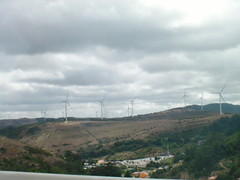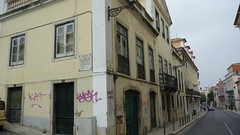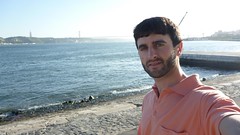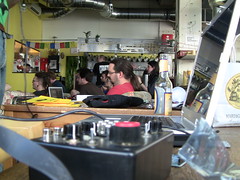No time to explain. Almost no time to pack. So let’s not waste anymore of what is already so precious.
My arrival in Dubai was in the dark which is perhaps a good thing for someone who thought he understood what hot weather was. Even late at night, everyone is kind, helpful, and I can’t help but notice way too many doormen, desk people, greeter, general I-don’t-know-what-person. All these people work here?
Fast-forward, 8h30am and I’ve arrived at the Afghanistan consulate early, since getting the Visa today is pretty much the key to this entire journey. Naturally its around back that people sit around a plastic table and chairs next to an air-conditioner using every bit of its mechanical strength to provide a touch of less than steamy air. I walk in, scan the room, nod my head towards everyone, and take a seat.
As I steal glances at the faces around me, 2 things strike me:
1- The are all wearing (except for one gentleman who is likely reading this text) the comfy looking white pajama like clothing which I think is typical in desert nations.
2- With my beard now at a good level of thickness, and a lightly tanned face, some of these guys look like me! Or is it that I hope to look like them, in order to one day fit in once I get there?

An hour later the men in pajamas are almost all gone, replaced by western looking contractor types. Irish, Canadian, American, South African, Japanese…many are polite and friendly, both to me and when they speak with staff. Others seem in a rush or wanting to have things their way in a situation where I seriously doubt you can dictate terms. I listen to an older grey haired woman chat in Afrikaans with a white bearded gentlemen who just arrived. Only one day since leaving the Netherlands but I get a little thrill to hear a variation on Dutch. They discuss how many times they’ve now been through this process.
I stop listening. Too much to soak in if I’m going to start listening to every conversation. Eventually after a long wait, a strange window opens and people look towards myself and another gentleman who arrived first. He lives in Afghanistan for some years now. I start to find some strange comfort from meeting a few polite and upbeat westerners who are eager to get back to Kabul and relaxed about the Visa process. Not that being un-relaxed would help any.
Hours later my visa is ready. My plane ticket to Kabul is booked. I have a few hours and one short night in Dubai. The temperature is something cruel far above 100F /40C. It is Ramadan so it feels impossible to find an open restaurant (i think its illegal?). I want to give up and sleep in the comfy bed til it is time to fly, but then I hear the voices and I see the messages on facebook… go explore.. go see what this Dubai has to show you in the limited time you have. Come morning, being a tourist is no longer a safe idea, and there is work to be done.




 There is no shortage of poorly written stories scattered throughout the internet, about cyber attacks leading to near apocalyptic situations involving power stations or other key infrastructure sites. And for every story, there is someone who believes it, and not many who take the time to critically examine and verify that anything ever really took place.
There is no shortage of poorly written stories scattered throughout the internet, about cyber attacks leading to near apocalyptic situations involving power stations or other key infrastructure sites. And for every story, there is someone who believes it, and not many who take the time to critically examine and verify that anything ever really took place.